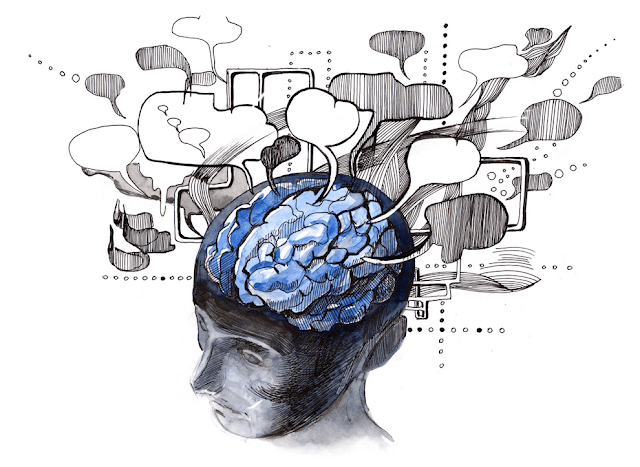Does Poverty Affect our DNA?
A new Northwestern University study challenges prevailing understandings of genes as immutable features of biology that are fixed at conception.
Previous research has shown that socioeconomic status (SES) is a powerful determinant of human health and disease, and social inequality is a ubiquitous stressor for human populations globally. Lower educational attainment and/or income predict increased risk for heart disease, diabetes, many cancers and infectious diseases, for example. Furthermore, lower SES is associated with physiological processes that contribute to the development of disease, including chronic inflammation, insulin resistance and cortisol dysregulation.
In this study, researchers found evidence that poverty can become embedded across wide swaths of the genome. They discovered that lower socioeconomic status is associated with levels of DNA methylation (DNAm) -- a key epigenetic mark that has the potential to shape gene expression -- at more than 2,500 sites, across more than 1,500 genes.
Previous research has shown that socioeconomic status (SES) is a powerful determinant of human health and disease, and social inequality is a ubiquitous stressor for human populations globally. Lower educational attainment and/or income predict increased risk for heart disease, diabetes, many cancers and infectious diseases, for example. Furthermore, lower SES is associated with physiological processes that contribute to the development of disease, including chronic inflammation, insulin resistance and cortisol dysregulation.
In this study, researchers found evidence that poverty can become embedded across wide swaths of the genome. They discovered that lower socioeconomic status is associated with levels of DNA methylation (DNAm) -- a key epigenetic mark that has the potential to shape gene expression -- at more than 2,500 sites, across more than 1,500 genes.
In other words, poverty leaves a mark on nearly 10 percent of the genes in the genome.
Lead author Thomas McDade said this is significant for two reasons.
"First, we have known for a long time that SES is a powerful determinant of health, but the underlying mechanisms through which our bodies 'remember' the experiences of poverty are not known," said McDade, professor of anthropology in the Weinberg College of Arts and Sciences at Northwestern and director of the Laboratory for Human Biology Research.
"Our findings suggest that DNA methylation may play an important role, and the wide scope of the associations between SES and DNAm is consistent with the wide range of biological systems and health outcomes we know to be shaped by SES."
Secondly, said McDade, also a faculty fellow at Northwestern's Institute for Policy Research, experiences over the course of development become embodied in the genome, to literally shape its structure and function.
"There is no nature vs. nurture," he adds.
McDade said he was surprised to find so many associations between socioeconomic status and DNA methylation, across such a large number of genes.
"This pattern highlights a potential mechanism through which poverty can have a lasting impact on a wide range of physiological systems and processes," he said.
Follow-up studies will be needed to determine the health consequences of differential methylation at the sites the researchers identified, but many of the genes are associated with processes related to immune responses to infection, skeletal development and development of the nervous system.
"These are the areas we'll be focusing on to determine if DNA methylation is indeed an important mechanism through which socioeconomic status can leave a lasting molecular imprint on the body, with implications for health later in life," McDade said.
Source: sciencedaily.com




Σχόλια
Δημοσίευση σχολίου